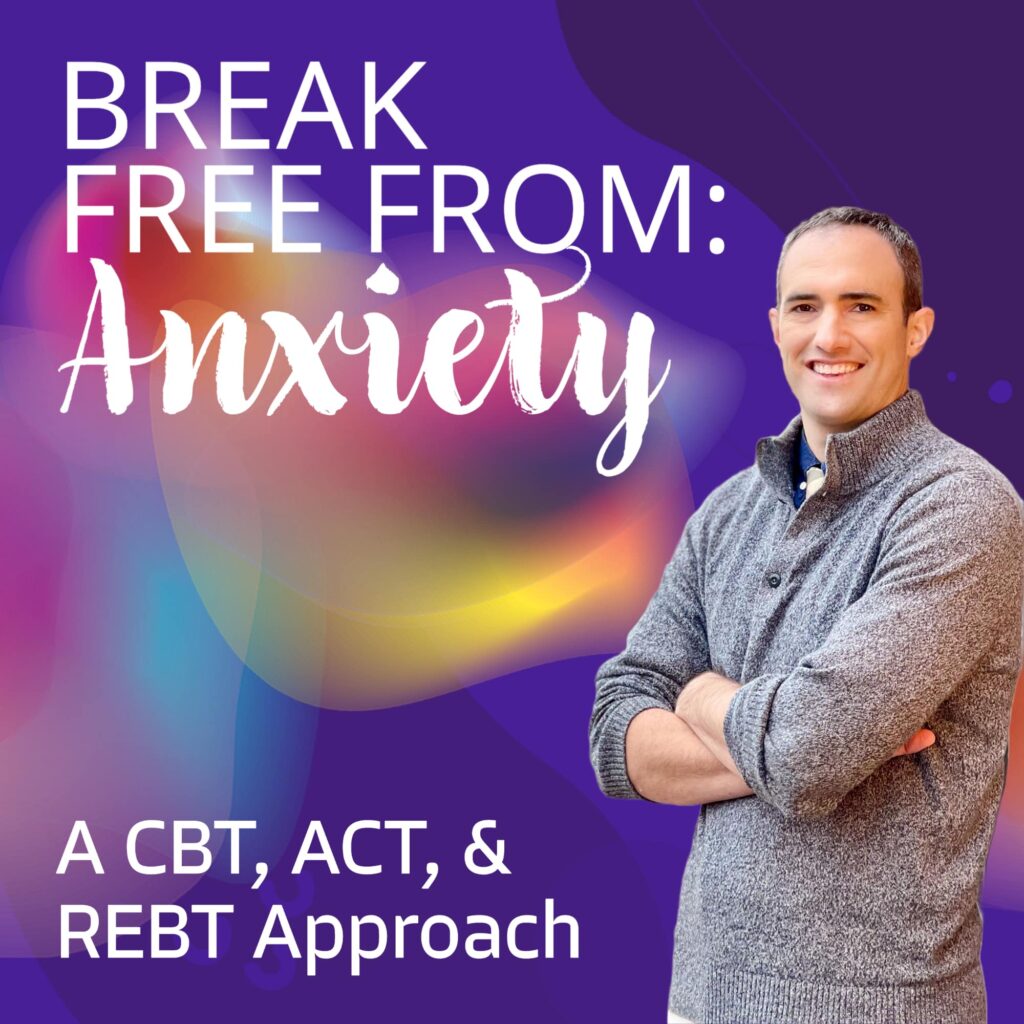What is Percocet?

The narcotic pain reliever oxycodone and the non-narcotic pain reliever acetaminophen combine to make the prescription medication known as Percocet. Percocet is commonly prescribed to help with main management for moderate to severe pain levels. However, some people take Percocet in order to achieve a high.
As a Schedule II controlled substance, Percocet can be easily abused, and this can lead to addiction. It is vital that Percocet is only taken as prescribed by one’s doctor, and it should only be taken by the person it is prescribed for.
What is a Percocet high?

Percocet’s effects can last in the body for up to four to six hours, but overuse can lead to addiction which requires professional treatment. Professional treatment for Percocet addiction is the only avenue that leads to recovery.
If you would like to know more about Percocet addiction and treatment options, please call 888-730-5220.
The Percocet High

Many people have described a Percocet high as feeling light, happy, and at ease. Percocet can also cause feelings of euphoria, drowsiness, and decreased pain levels. The effects that a Percocet high produces can be hazardous, especially when operating machinery or driving. The brain’s pain perception becomes reduced when Percocet is used and, simultaneously, the brain’s ability to sense pleasure is stimulated. These two factors form the euphoric feelings that can occur during Percocet usage.
To reach this euphoric feeling that a Percocet high produces, people may take more than their prescribed dose. In addition, people sometimes take Percocet by crushing the pills and inhaling them. Percocet absorbed through the nasal passages can cause its effects to occur more quickly and powerfully. This puts people at a high risk for overdose.
While Percocet contains both oxycodone and acetaminophen, oxycodone is the drug that creates the Percocet high feeling. Oxycodone is an opiate agonist that reduces the function of pain sensors and causes feelings of euphoria. Acetaminophen does not contribute to the Percocet high, but it is a fever reducer and pain reliever which means that excessive use can cause liver damage and liver failure.
The Outcome of Percocet Abuse

The general side effects of Percocet include:
- mood changes
- flushing
- shallow breathing
- drowsiness
- constricted pupils
- dry mouth
- dizziness
- nausea
- constipation
- vomiting
The side effects of Percocet abuse are extremely serious and can include convulsions, breathing problems, seizures, and chest pain.
Since Percocet is addictive, people who continue to use it may develop a tolerance that subsequently leads to an addiction. As Percocet use continues, it takes more of the drug each time to create the same effect in the brain and body. Continued use of Percocet can cause physical dependence and dangerous health issues such as urinary, liver, and kidney strain or failure.
What are the Symptoms of Percocet Overdose?

A Percocet overdose can occur when someone takes more Percocet than can be filtered through the body. An overdose can be very dangerous and you need to seek medical attention if you suspect an overdose. An overdose can cause symptoms such as:
- slow heartbeat
- slowed or irregular breathing
- sedation
- bluish, cold, or clammy skin
What are the Withdrawal Symptoms of Percocet?

Since Percocet dependency and addiction causes the body to need Percocet to function correctly, stopping Percocet use too quickly can lead to:
- nausea
- bone and joint achiness
- stomach pain
- anxiety
- insomnia
These symptoms can also be more severe depending on a person’s medical history and preexisting conditions.
Recovery from Percocet Addiction and Abuse Is Possible

It can seem overwhelming to consider substance abuse programs to help with Percocet addiction. However, rehab centers can provide detox support while keeping track of withdrawal symptoms and providing help and medical support. After detoxing, there are many options to get continued help for Percocet addiction. Programs can provide continued care and support through logotherapy, interpersonal therapy, support groups, music therapy, art therapy, yoga therapy, and many other forms of treatment.
If you are struggling with substance or alcohol use, depression, or anxiety, intensive outpatient may be right for you. Contact us at (888) 730-5220 or contact us to begin the process of healing today!









